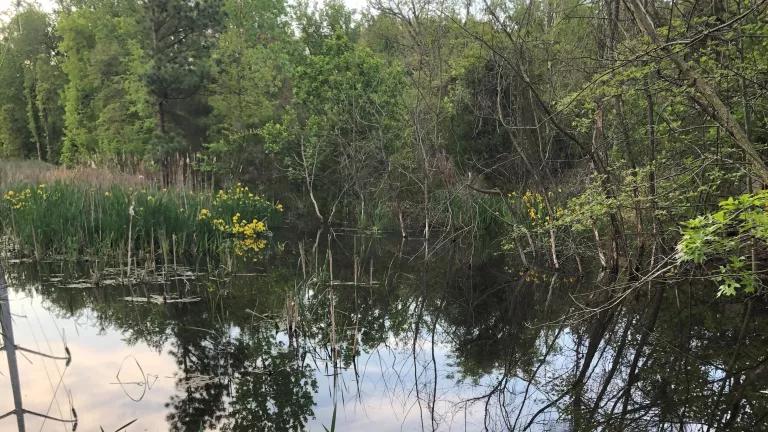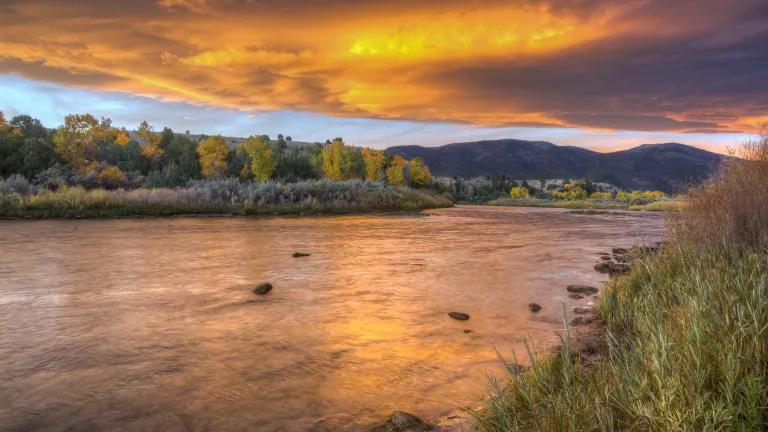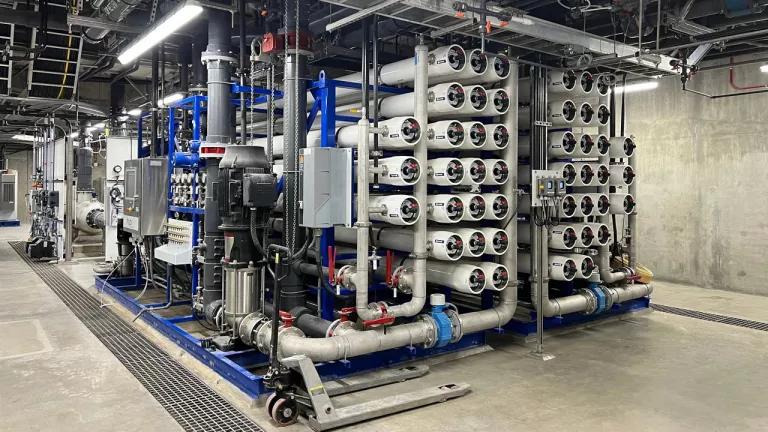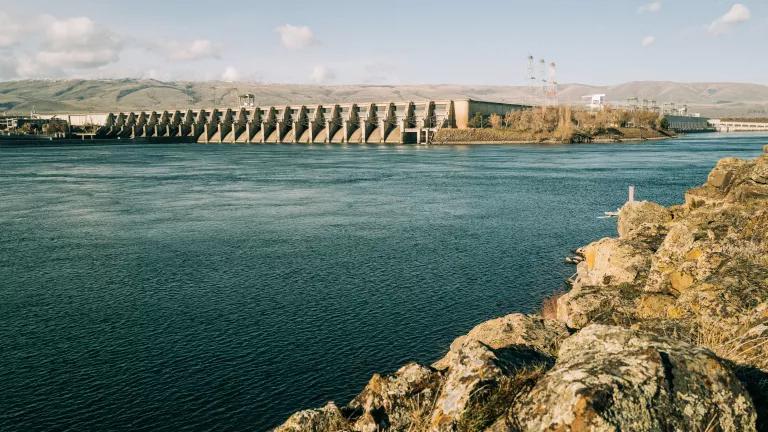World Wetlands Day: A Call to Action for U.S. Wetlands Preservation
Today marks World Wetlands Day, a day to celebrate wetlands' vital role in our lives. Unfortunately, in the aftermath of Sackett v. EPA, wetlands are now at risk.

Jon Devine/NRDC
The Enormous Value of Wetlands
Wetlands are among the most productive and diverse ecosystems on Earth, akin to rainforests and coral reefs. They serve as natural buffers against floods and droughts, purify our water, and are crucial habitats for many species. The economic value of these services is staggering, with wetlands' estimated ecosystem services globally valued at more than $47 trillion annually.
In the United States, wetlands are pivotal for biodiversity, supporting nearly half of all species federally listed as threatened or endangered. Despite covering only about 5% of the U.S. land area, they harbor over 30% of the nation's plant species and provide essential habitats for up to half of all North American bird species.
The Far-Reaching Effects of the Sackett Decision
This year's World Wetlands Day is overshadowed by Sackett v. EPA, which has dire implications for wetland protection. The decision undermines the Clean Water Act, a cornerstone environmental law that has shielded diverse aquatic environments from pollution since 1972. Basically, the Court decided that, except in severely limited circumstances, wetlands are not “waters” to which the law’s protections apply.
The consequences of the Sackett ruling are profound and far-reaching. Preliminary estimates suggest that a substantial portion of U.S. wetlands are now not covered by the Clean Water Act. This not only endangers the wetlands themselves but also threatens the wildlife that depends on them and compromises the ecosystem services they provide.
Ultimately, the U.S. Congress must restore federal protections for the water bodies the Supreme Court painted a target on. Leaders in Congress have launched an effort to do just that – introducing the Clean Water Act of 2023 in October. This bill would reinstate historic pollution control and prevention safeguards and thus is critical to the future health of these ecosystems. Despite the urgency, reforming the federal law will likely take some time. Congress today rarely can move significant legislation, especially bills with well-heeled industrial opponents – and we know a restoration of Clean Water Act protections will surely have those.
Overcoming these challenges will depend on people who depend on water resources – which, luckily enough, is all of us – telling their leaders in Congress that they want to see action. To see if your member of Congress has signed on to sponsor the Clean Water Act of 2023, click here.
State-Level Actions: The Need for Public Involvement
Because wetlands and other aquatic resources are so important, we can't wait for Congress to act. Critically, now that Sackett is the law of the land, we can expect that industrial dischargers will race to take advantage and develop wetland areas without having to comply with the Clean Water Act’s requirements to avoid, minimize, and mitigate the harm to such waters.
In this context, the role of states and tribes becomes even more important. The Clean Water Act is not an upper-bound on what can be protected; instead, states, localities, and tribes can adopt their own programs regulating the pollution and destruction of wetlands and other vulnerable waters, which can help ensure that these vital ecosystems are protected as much as possible during the interim period of federal vulnerability.
The Supreme Court's decision has sparked a wave of state-level actions in support and opposition to wetland conservation. In Colorado, for example, legislation will be taken up this spring to protect wetlands left vulnerable by the Sackett ruling. This legislation aims to fill the regulatory gap created by the Supreme Court's decision, ensuring that wetlands in Colorado continue to receive the protection they need.
Similarly, conservation groups are pushing for state action in Illinois, where over 90% of wetlands have been lost since European colonization. With extremely limited state-level protections for wetlands, Illinois is particularly vulnerable in the wake of the Sackett decision. Activists and policymakers are now rallying to draft legislation protecting these critical ecosystems.
These are just two examples. States across the country are considering what Sackett means to them and many state-level actions, both good and bad, are underway, so it’s important for people to learn more and get involved.
Let’s Make the Next World Wetlands Day Happier than Today
As we observe World Wetlands Day, it is crucial to reflect on wetlands' indispensable role in our environment and daily lives. Wetlands are not just wet land; they are essential ecosystems that promote biodiversity, provide natural defenses against climate change and dangerous flooding, and deliver other benefits vital for the health of nearby waterways, vast regions, and our planet.
Now that the Supreme Court has taken away our principal safeguard for these critical areas, we all need to step up to ensure that the Court’s misguided action is not the end of the story. That means pushing Congress to adopt legislation like the Clean Water Act of 2023 and, while the federal legislative gears turn, working at the state, tribal, and local levels to improve the tools they have to prevent the destruction of our remaining wetlands.




